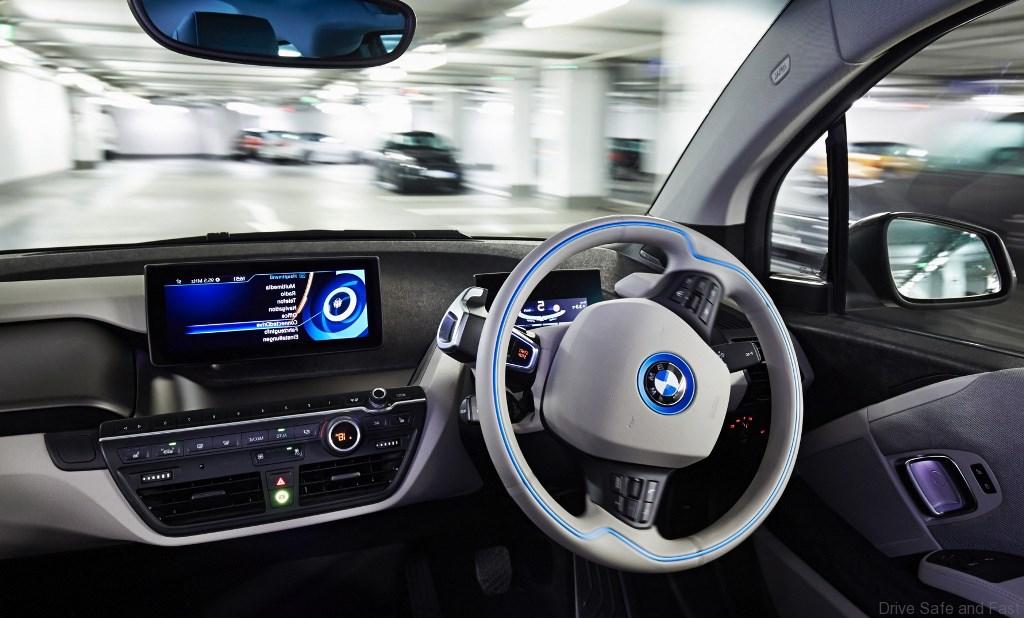BMW last month made a strong statement to bring a car capable of piloting itself to the road by 2021, becoming the first major automaker to set a specific date and putting pressure on rivals. Daimler, with its luxury division Mercedes-Benz, Uber Technologies and Google are among the competitors in the race to develop self-driving vehicles.
Meanwhile Continental is working with U.S. and European automakers on self-driving car projects that could compete with the coalition between BMW, camera-software company Mobileye and chipmaker Intel. Continental offers laser and infrared technology and competes with Mobileye on the cameras and software needed for driver-assistance systems.
Continental’s early-stage projects explore how to collect, analyze and feed back data to self-driving cars to help them recognize their environment and react correctly. The company isn’t part of BMW’s self-driving platform plans, Schaefer said.
Continental’s potential partnerships show the rivalries emerging as companies jockey for position in the emerging field of autonomous vehicles, reluctant to allow BMW’s coalition to establish the industry standard. BMW, Mobileye and Intel said their platform will be open to other carmakers and technology companies to use, which would boost their influence as cars able to steer themselves revolutionize how money is made in the auto industry.





